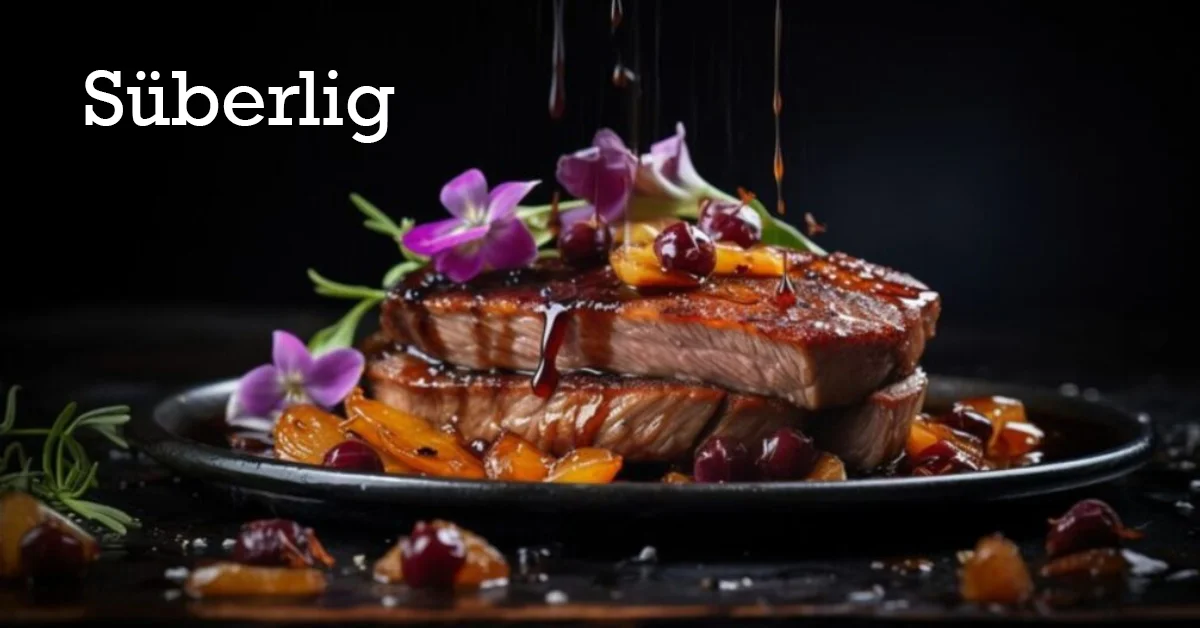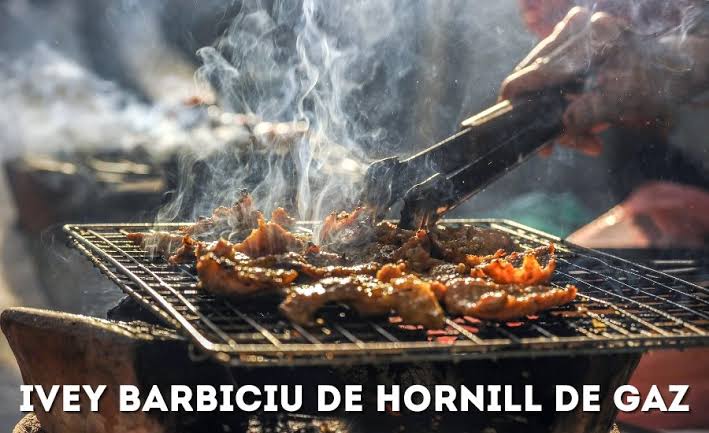Names have always been central to understanding a person’s identity, history, and, in some cases, their heritage and lineage. Among the many intriguing names that have piqued curiosity is Ivey Barbiciu De Hornill De Gaz. This name carries an air of mystery and intrigue, combining a unique set of elements that sparks questions about its origin, meaning, and significance. In this article, we will dive deep into the history, possible cultural connections, and the broader implications of this distinctive name. As we uncover the layers of Ivey Barbiciu De Hornill De Gaz, we will explore its potential associations with aristocracy, geographical significance, and what it could represent in a modern context.
Names are not just a collection of sounds; they carry stories, traditions, and legacies. The name Ivey Barbiciu De Hornill De Gaz is no exception. This article will guide you through the linguistic, cultural, and symbolic significance of each part of the name, leading to a broader understanding of its impact.
Breaking Down the Name: Understanding Its Parts
To fully grasp the meaning behind Ivey Barbiciu De Hornill De Gaz, it is essential to break down the name into its component parts. By analyzing each segment of the name, we can attempt to decipher its possible origins and significance.
Ivey
The first name, Ivey, has roots in both English and French cultures. It is often associated with the plant ivy, symbolizing loyalty, friendship, and eternal life. Ivy is a climbing evergreen plant, known for its ability to cling to surfaces, which in many traditions symbolizes resilience and strength. The name Ivey may reflect these characteristics, suggesting a person who is steadfast, persistent, and deeply rooted in their beliefs.
In addition, Ivey has also been used as a surname in various cultures, though its use as a first name has grown in popularity over the years. Its association with nature gives it an earthy, grounded feel, evoking imagery of lush landscapes and the beauty of the natural world.
Barbiciu
The second name, Barbiciu, is much rarer and less commonly recognized in Western contexts. However, it could be linked to Eastern European origins, particularly Romanian or Albanian roots. In these regions, names often reflect familial ties, geographical locations, or professions. Barbiciu may refer to a family lineage or a historical place, indicating a strong connection to heritage and ancestry.
In Romanian, for example, names like Barbu and its derivatives are relatively common, suggesting that Barbiciu may be a variant of such names, with its own unique spelling or regional significance. Additionally, the suffix “-ciu” in some Slavic languages can indicate diminutiveness or affection, which could imply that Barbiciu is a term of endearment or honor within the family.
De Hornill
De Hornill is another component of the name that points toward nobility or geographical association. The use of the prefix De often suggests a connection to a particular place or estate, as is common in many European aristocratic names. For example, French and Spanish nobility frequently incorporated De into their titles, signifying land ownership or descent from a prominent family.
In this case, Hornill could refer to a specific location, either real or symbolic. It might represent a village, region, or even a historical landmark. Alternatively, Hornill could have evolved from an older word or phrase, now forgotten or obscure, that denoted a particular feature of the land, such as a hill or forest. Given the structure of the name, De Hornill likely denotes nobility or a strong connection to a particular region in Europe, though its exact origin remains speculative.
De Gaz
The final part of the name, De Gaz, further strengthens the possibility of aristocratic or geographical origins. Similar to De Hornill, De Gaz uses the De prefix, indicating a connection to a specific place or family lineage. The word Gaz itself could be derived from various sources, including French, Spanish, or even Middle Eastern origins, where it could mean wind, gas, or refer to a specific feature of the land, such as a gas spring or natural resource.

In French, Gaz is the word for gas, but when used in a name, it may refer to something more figurative or historical. Alternatively, in other cultures, Gaz could refer to a family surname, region, or natural phenomenon.
Together, De Hornill De Gaz paints a picture of a name deeply embedded in European aristocracy, suggesting that the person bearing this name is likely connected to a family with historical significance, perhaps one that owned land or was part of the noble class.
Cultural and Historical Context
Names like Ivey Barbiciu De Hornill De Gaz do not arise in isolation. They are often products of historical movements, cultural shifts, and significant events in the past. Europe, with its rich tapestry of history, is filled with families who rose to prominence due to their connections to royalty, military achievements, or their role in governing territories. During the feudal era, surnames with the De prefix were commonly used to denote a person’s estate or region, thus establishing their social and economic status within the kingdom.
Given that De Hornill and De Gaz bear such linguistic markers, it’s plausible that the name traces its lineage back to feudal Europe, where aristocratic families held large swaths of land and wielded significant power. Names were an essential tool for asserting one’s identity and status in society, especially among the nobility.
Additionally, the inclusion of Barbiciu hints at the possibility of an Eastern European connection. Over the centuries, noble families in Western and Eastern Europe intermarried, leading to the fusion of cultural and familial identities. It is possible that this name reflects the merging of different European lineages, symbolizing a blend of aristocratic traditions from both the East and West.

The Legacy of the Name
A name like Ivey Barbiciu De Hornill De Gaz carries with it a certain weight and legacy. Such names are often passed down through generations, maintaining a sense of continuity and tradition. Families with aristocratic or noble roots often preserve their names as a symbol of their heritage, ensuring that future generations remain connected to their history.
In modern times, names like this may still hold significant meaning for those who bear them. For some, it may serve as a reminder of their family’s contributions to society or their ancestral homeland. For others, it may be a link to a more personal history, reflecting the values, traditions, and stories passed down through the family.
Moreover, as society becomes more interconnected, names that were once confined to specific regions or countries are now recognized globally. Ivey Barbiciu De Hornill De Gaz may well be a name that transcends borders, representing a unique blend of cultures and histories.
Symbolism and Interpretation
Beyond its historical and cultural significance, the name Ivey Barbiciu De Hornill De Gaz can also be interpreted symbolically. The presence of nature-related elements, such as Ivey, alongside aristocratic markers like De, suggests a balance between the natural world and human civilization. This balance is often seen in old European folklore, where families of nobility were believed to be stewards of the land, charged with its protection and cultivation.
The name may also symbolize resilience, continuity, and adaptability. Just as ivy clings to surfaces and grows over time, so too do family legacies persist through generations, adapting to changing circumstances while maintaining a strong foundation in their past.
Additionally, the inclusion of less common names like Barbiciu adds an element of mystery, suggesting that there are layers of history yet to be uncovered. The blending of familiar and unfamiliar elements in the name reflects the complexity of identity, heritage, and the stories we carry with us.
Conclusion
The name Ivey Barbiciu De Hornill De Gaz is more than just a collection of syllables—it is a tapestry of history, culture, and symbolism. Through its unique components, we can glimpse a connection to European nobility, Eastern European heritage, and the enduring legacy of family names. While some aspects of its origin remain speculative, the name undoubtedly carries with it a sense of significance and depth.
Whether it is tied to a specific region, family, or historical period, Ivey Barbiciu De Hornill De Gaz offers a fascinating glimpse into the power of names to convey identity and legacy. In a world where names are often overlooked or taken for granted, this one stands as a reminder of the stories and histories that names can carry with them.
FAQs About Ivey Barbiciu De Hornill De Gaz
What is the origin of the name Ivey Barbiciu De Hornill De Gaz?
The name likely has European roots, with Ivey originating from English or French traditions, and Barbiciu possibly reflecting Eastern European heritage. The De Hornill De Gaz portion suggests aristocratic or geographical connections, possibly from Western Europe.
Is Ivey Barbiciu De Hornill De Gaz a common name?
No, this name is quite unique and not commonly encountered. It may be associated with a specific family or lineage, particularly one with noble or aristocratic roots.
What does the name symbolize?
The name carries a blend of natural and aristocratic symbolism, with Ivey representing resilience and growth, and the De prefix indicating nobility or connection to land. It may also symbolize the merging of different cultural










